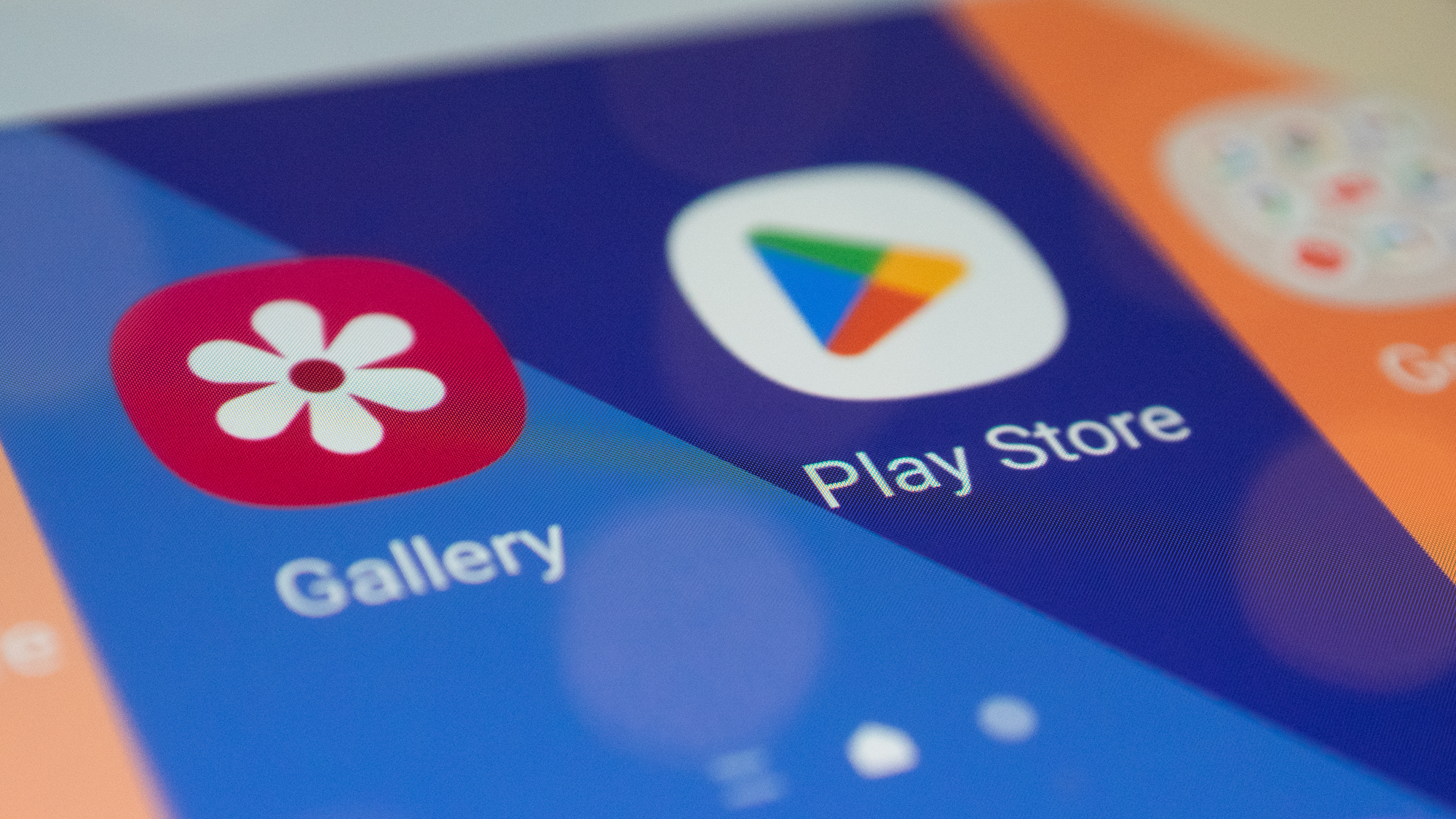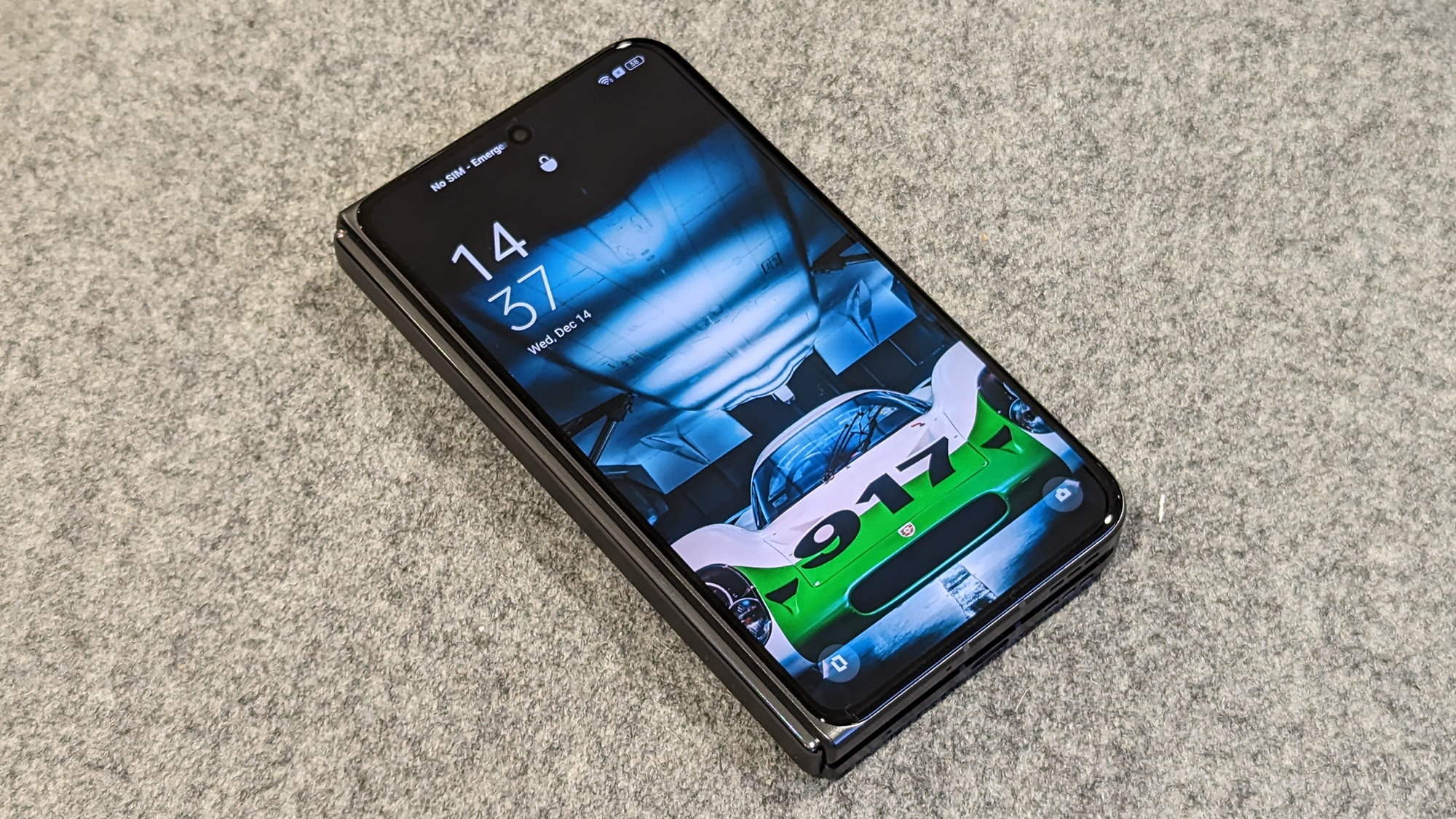What India's bloatware battle means for Android and iPhone users everywhere
Bye bye bloatware

India is taking renewed aim at bloatware that typically comes with many Android phones, a new report from Reuters claims. Citing two sources and a government document, the report states that the country would force the removal of all pre-installed apps, as well as mandatory pre-screening of software updates.
Smartphones – with the exception of Apple and Google in most cases – typically come with pre-installed apps and services from the likes of Facebook and miscellaneous third-party app and game providers. This is done by manufacturers in partnership with these companies to reduce costs and help sell their phones for cheaper. Some, like Apple and Google, pre-install their own apps on their phones, not simply to enhance features but also to grow their user bases when it comes to services. For example, Apple Music and its associated Apple One service benefits very well from iPhone sales, while Google Photos and its associated subscription (check out our Google One review for more details) benefits from Android phone sales.
The Indian government is taking aim at all these practices, deeming both irremovable first and third-party apps as unacceptable, with few exceptions for basic apps. A camera app would be necessary for most, but would a music or browser app pass muster? India is setting up a compliance board to check. If found wanting, smartphones could see additional testing times and costs, leading to delayed launches and more expensive phones.
"Majority of smartphones used in India are having pre-installed Apps/Bloatware which poses serious privacy/information security issue(s)," Reuters cites a government meeting record as saying. With the bulk of its mobile market dominated by foreign players from China, South Korea, and the U.S., the concerns may not be unwarranted.
An established practice now seeing global resistance

India is not the first to make such a move, and it certainly won’t be the last. Privacy has been at the top of the EU's list for years and seeing corporations make concessions for one market will only strengthen the case for similar changes in European markets. The DSA and DMA already touched on removing pre-installed apps.
India had already compelled Google to make changes to its Android installation practices, allowing manufacturers to select which Google apps they wanted to pre-install, as opposed to a wholesale package. The company also opened up third-party app billing, so developers could link to their own payment processors and avoid the Google Play payment system. This move is a little broader, and it reaches beyond Google to even Apple.
That being said, many companies affected would be Chinese brands like Xiaomi and Oppo, who typically ship products at lower prices than Samsung or Apple. These are subsidized, in part, by the bundled apps which this new move takes aim at. Should these rules come into effect, one might see more judicious device selections worldwide, as manufacturers take the new costs into account.
Get daily insight, inspiration and deals in your inbox
Sign up for breaking news, reviews, opinion, top tech deals, and more.

A UK-based tech journalist for TechRadar, helping keep track and make sense of the fast-paced world of tech with a primary focus on mobile phones, tablets, and wearables.
When not writing on TechRadar, I can often be found reading fiction, writing for fun, or working out.